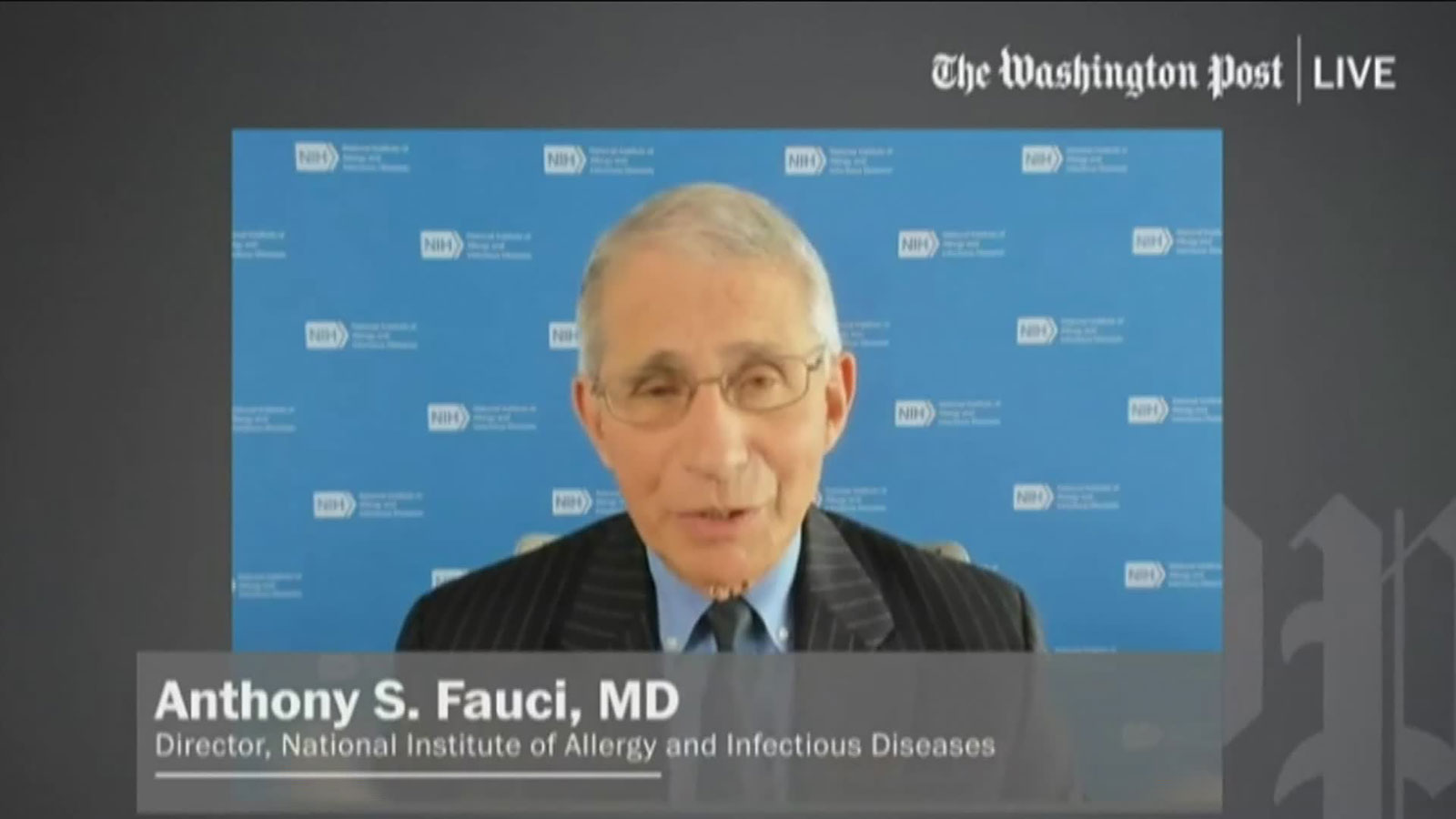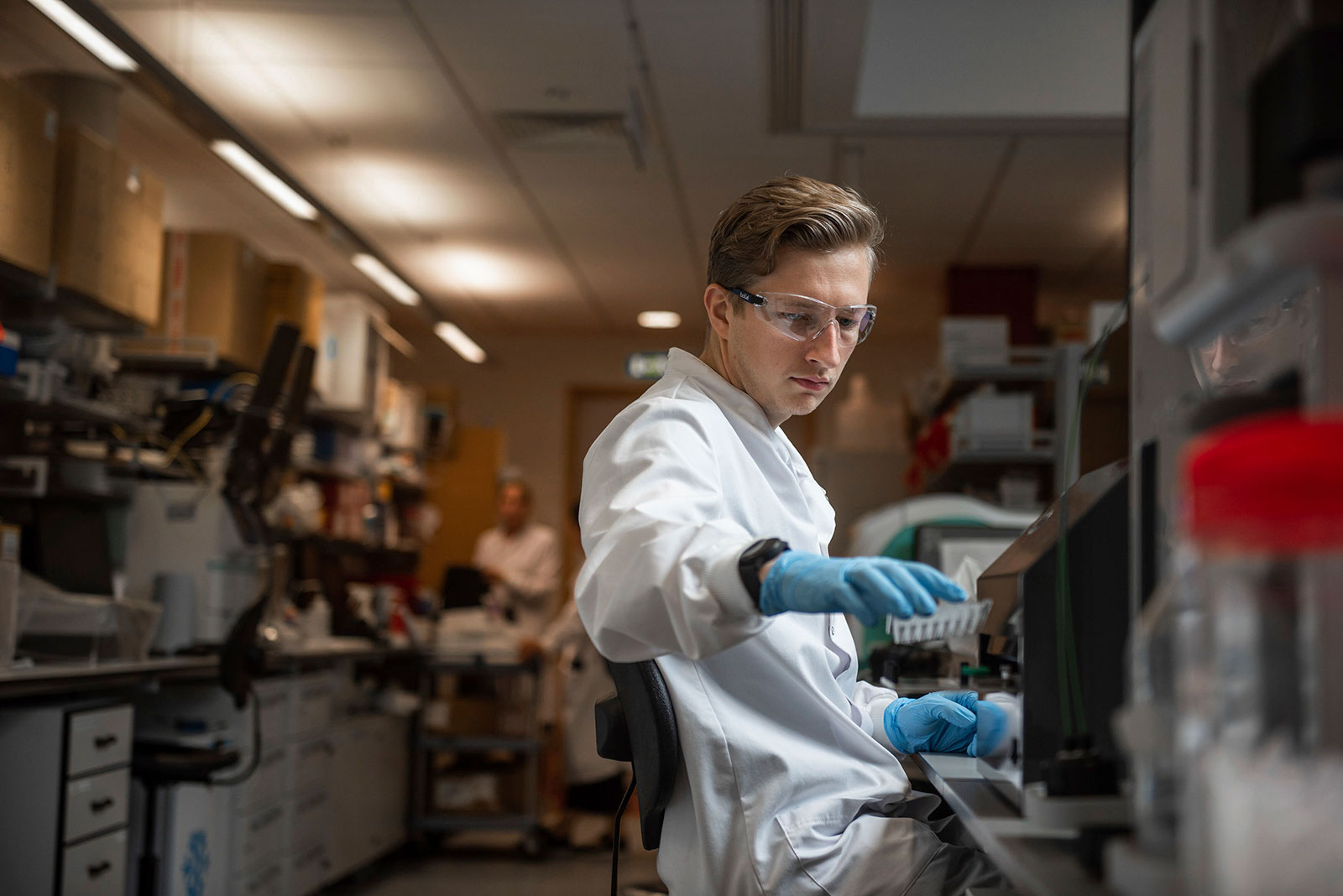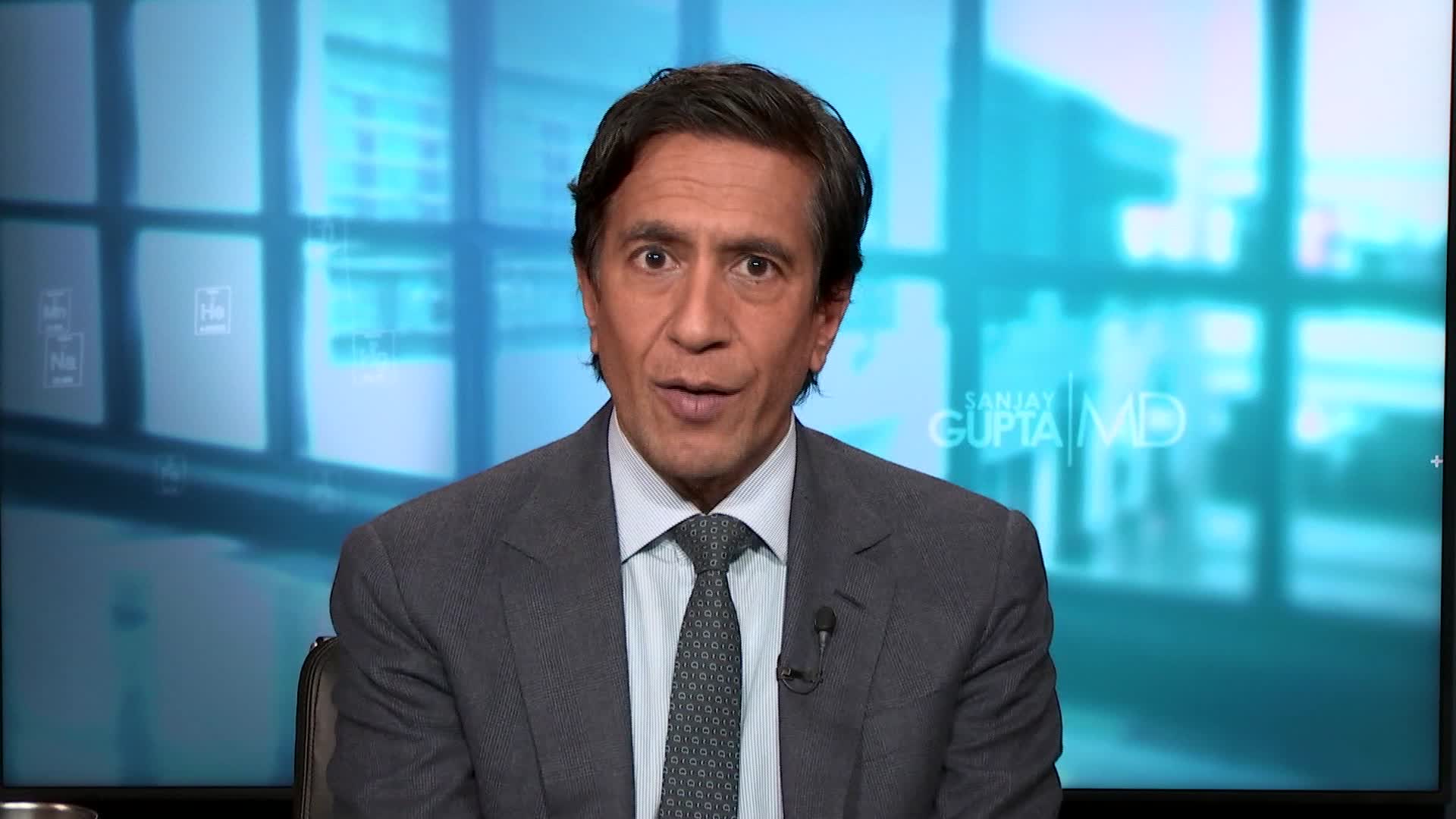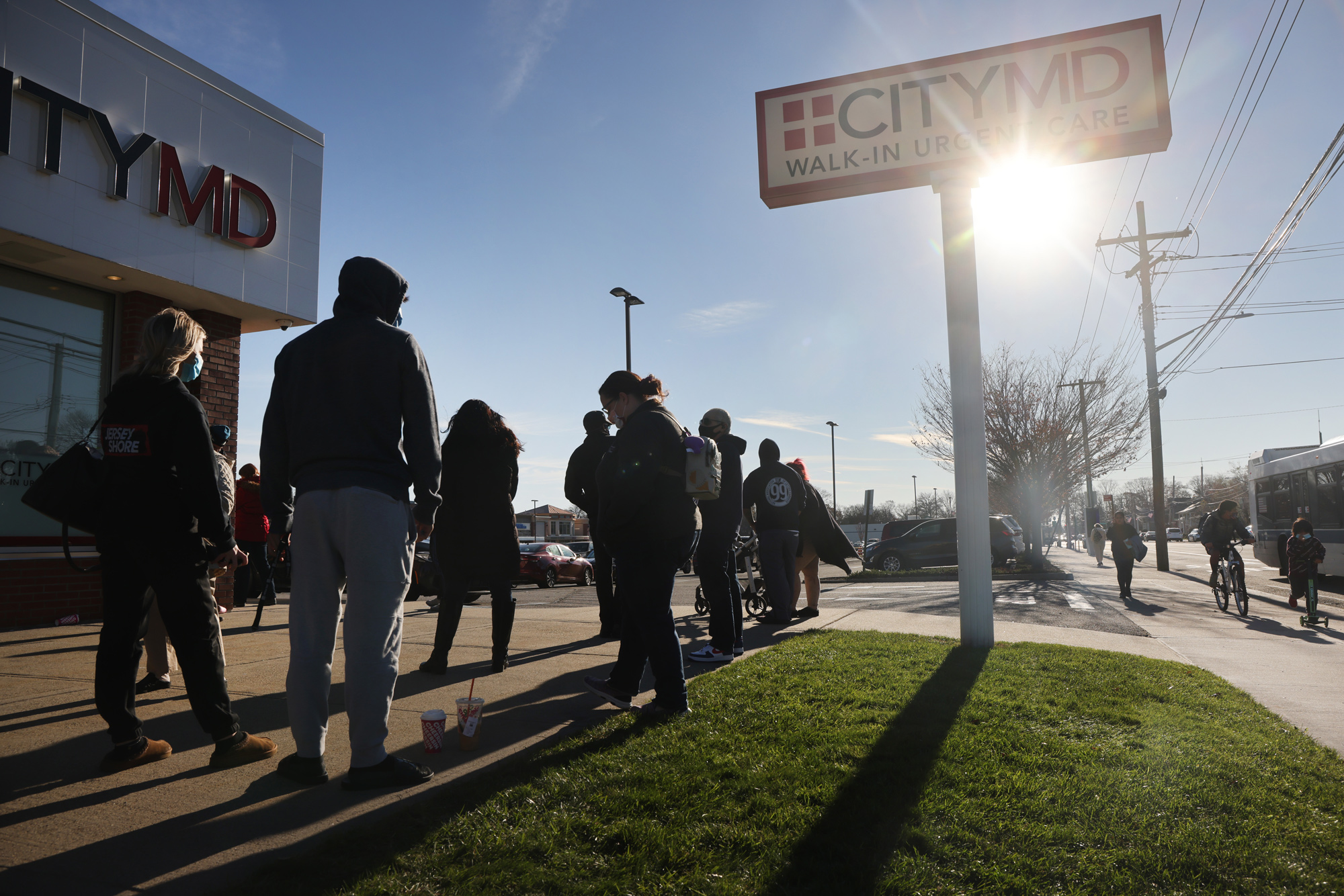
US Health and Human Services Secretary Alex Azar said that distribution of Regeneron’s Covid-19 antibody therapy will begin Tuesday.
The therapy has been given an emergency use authorization by the US Food and Drug Administration to be used in patients age 12 and older who have a mild to moderate case of Covid-19 and who are at a high risk of progressing to a more severe form of the disease.
President Donald Trump received the therapy, called REGEN-COV2, when he was hospitalized for coronavirus. The treatment has to be infused into the bloodstream and is meant to mimic an immune response to infection.
Azar said there will be 30,000 doses of the Regeneron treatment ready to go out Tuesday, with more to come in the next few weeks.
Americans won’t be charged for the drug itself, Azar said. HHS is working with payers to cover the cost of the administration of the drug.
Azar also called the emergency use authorization of Regeneron’s treatment “incredibly exciting news.”
“We have been, and will be, working with states and other partners to get the word out. If you have tested positive for Covid-19, or they are at high risk for severe disease, we have treatment options that may be able to help you,” Azar said in a news briefing Monday. “It's vital that Americans be aware of these expanding options.”
There is also an Eli Lilly antibody treatment being used under an emergency use authorization that helps patients with mild to moderate forms of Covid-19. In the last two weeks, more than 85,000 patient courses of the Lilly product have been delivered to more than 2,400 sites around the country, Azar said.
Azar added that while there has been good news about vaccines and antibody treatments lately, Americans still need to remain vigilant to prevent the spread of the novel coronavirus.
“Encouraging news about vaccines and therapeutics should be all the more reason for Americans to double down on the measures like masks, hand washing and social distancing, that we need to beat this pandemic,” Azar said.
He also encouraged those who are within three months of recovery from Covid-19 to donate their plasma to provide convalescent plasma treatments to Covid-19 patients.







